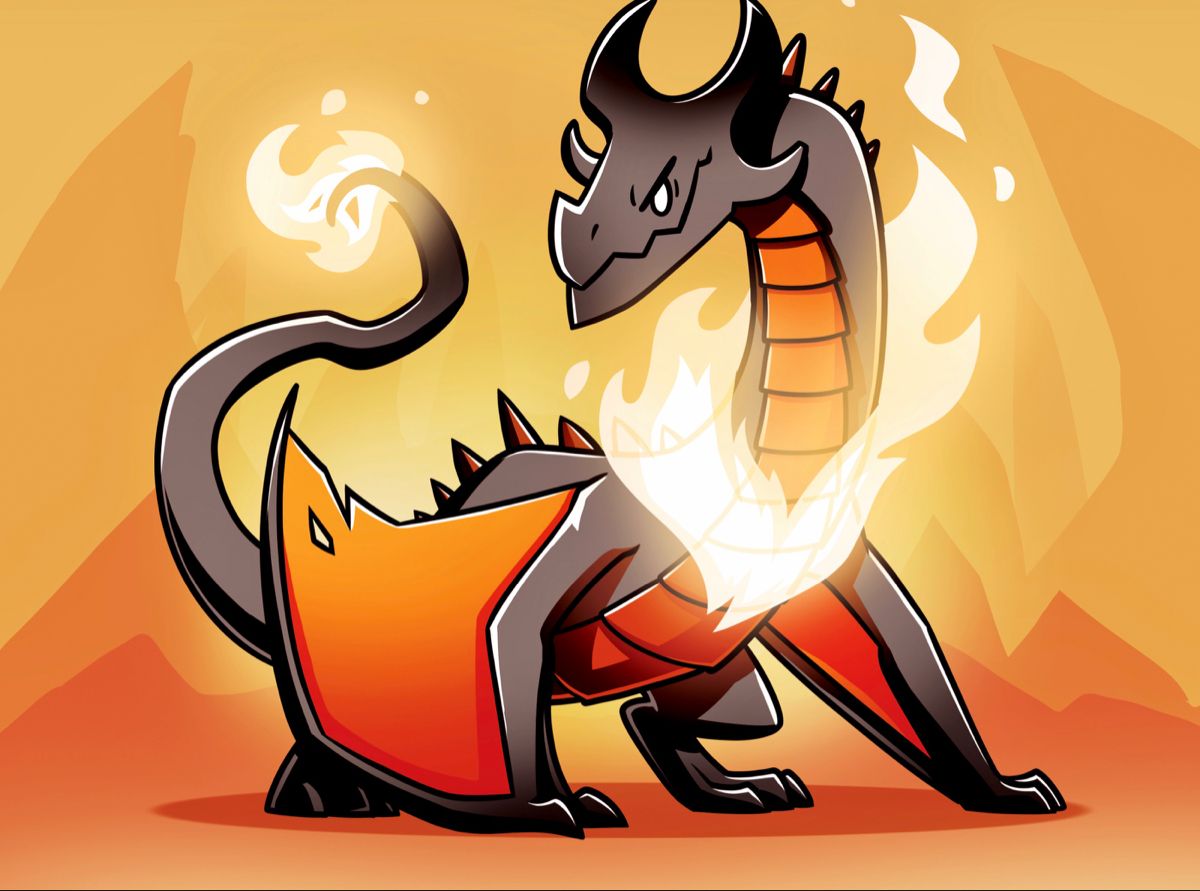The internet is full of slang words, abbreviations, and acronyms that can sometimes leave people scratching their heads. One such term that has become especially popular in recent years is ASMR. While many people know ASMR as a type of relaxing sensory content on YouTube or TikTok, the slang usage of the word has evolved and expanded into online conversations, memes, and even everyday speech. If you’ve ever wondered what “ASMR meaning slang” is all about, you’re in the right place. This blog post will break down everything you need to know—from the origins of the term, to how it’s used in slang, to examples of ASMR in internet culture.
What Does ASMR Mean?
ASMR stands for Autonomous Sensory Meridian Response. At its core, it refers to a tingling sensation that some people experience in response to specific sounds, visuals, or gentle stimuli. This sensation often begins at the scalp and travels down the neck or spine, giving a sense of deep relaxation.
Some common ASMR triggers include:
- Whispering or soft speaking
- Tapping on objects
- Hair brushing
- Page turning
- Personal attention roleplays (like pretending to give a haircut or medical exam)
ASMR became widely popular on YouTube in the early 2010s, with creators producing videos designed to trigger these sensations and help viewers relax, fall asleep, or reduce stress. Today, ASMR has spread far beyond YouTube—it’s on TikTok, Instagram Reels, Twitch streams, and even in advertising.
But in slang, ASMR meaning has stretched beyond its scientific roots. It’s no longer just about tingles—it’s become shorthand for anything that feels oddly satisfying, relaxing, or soothing.
ASMR in Internet Slang
While the scientific meaning of ASMR is specific, the slang usage is much broader and more playful. Online, people often say something gives them “ASMR” even if it has nothing to do with traditional triggers. For example, watching someone organize a messy desk, slice soap perfectly, or peel a sticker smoothly might be described as “ASMR.”
Examples of ASMR as Slang:
- Food videos
- Watching cheese being melted or coffee being poured can be called “food ASMR.”
- Mukbang creators often add crunching or slurping sounds, calling it “ASMR eating.”
- Satisfying TikToks
- Videos of kinetic sand cutting, slime squishing, or paint mixing are labeled “visual ASMR.”
- Everyday expressions
- Someone might say: “That sound was total ASMR for my brain” after hearing rain on the window.
- Or: “This cleaning video is pure ASMR” when describing oddly calming content.
In short, ASMR as slang means anything that gives you satisfaction, chills, or a calming feeling—even if it doesn’t literally trigger tingles.
Why ASMR Became Slang
The rise of ASMR in slang culture can be traced to three major internet trends:
- YouTube ASMR Boom (2010s): Millions of subscribers tuned in to creators like Gentle Whispering ASMR, Gibi ASMR, and ASMR Darling. As people began associating the term with relaxing sounds, they started casually using “ASMR” to describe anything calming.
- TikTok & Viral Satisfying Content (2018–present): TikTok exploded with videos of soap cutting, slime squeezing, and peeling paint. Many of these were tagged as “ASMR,” even when they didn’t follow the scientific definition. Over time, “ASMR” became synonymous with “satisfying.”
- Memes & Casual Use: Memes played a big role in cementing ASMR as slang. For example, when people say “this is ASMR for my soul,” they’re jokingly using the word to describe anything comforting.
How People Use “ASMR” in Conversations
To better understand the slang meaning of ASMR, here are some scenarios where people might use it in everyday speech or online chats:
- After hearing a soothing sound:
“That coffee machine noise is ASMR to me.” - Watching oddly satisfying videos:
“Bro, this power washing video is straight up ASMR.” - Describing relaxing experiences:
“Getting my hair brushed is real-life ASMR.” - Using it in memes or jokes:
“When the teacher erases the chalkboard perfectly = ASMR.”
Notice that none of these examples are strictly about tingles. Instead, they show how the slang meaning of ASMR is more about pleasure, relaxation, and satisfying moments.
Variations of ASMR Slang
Like many internet trends, ASMR has sprouted its own sub-meanings and variations:
- Visual ASMR – Satisfying visuals like symmetry, color mixing, or smooth textures.
- Food ASMR – Eating sounds, crunching, sizzling, or even drink pouring.
- Trigger ASMR – A specific sound or action that gives someone a strong ASMR-like reaction.
- Unintentional ASMR – Everyday moments that unexpectedly feel soothing, like listening to a soft-spoken lecture or hearing papers shuffle.
ASMR in Pop Culture & Memes
ASMR isn’t just slang anymore—it’s also a major pop culture phenomenon. Some ways it has influenced media include:
- Brands & Advertising: Companies like IKEA and Michelob Ultra have released ASMR-style ads, knowing people find them relaxing and attention-grabbing.
- Celebrity Involvement: Celebrities such as Cardi B, Zoë Kravitz, and even Bob Ross (posthumously through old clips) are linked to ASMR culture.
- Memes: Funny edits of everyday situations often get labeled “ASMR,” whether it’s the sound of sneakers on a basketball court or the crunch of fresh snow.
This shows how deeply the slang meaning of ASMR has integrated into online humor and marketing.
Why People Love ASMR (Slang and Real)
Part of why ASMR became slang is because people naturally crave moments of relaxation and satisfaction. Whether it’s a real ASMR trigger or just a visually pleasing clip, these experiences give our brains little hits of dopamine.
Some psychological reasons people love ASMR-related slang and content:
- Stress relief – Calming sounds and visuals reduce anxiety.
- Satisfying sensations – Order, symmetry, and repetition feel rewarding.
- Community – Sharing “ASMR moments” online builds a sense of connection.
- Escapism – In a noisy, stressful digital world, ASMR offers calm.
Criticism & Misunderstandings
Not everyone loves ASMR or its slang usage. Some common criticisms include:
- Overuse of the term: People call everything “ASMR,” even when it’s not related.
- Misunderstanding: Some think ASMR is inherently strange or creepy, especially when whispering videos are involved.
- Annoyance factor: For those who don’t get tingles, ASMR videos might feel irritating instead of relaxing.
Despite this, ASMR slang has stuck because it perfectly describes an otherwise hard-to-explain feeling of satisfaction.
Final Thoughts on “ASMR Meaning Slang”
So, what is ASMR meaning slang? In simple terms:
ASMR as slang means anything oddly satisfying, soothing, or relaxing—whether it’s a sound, a visual, or just an experience.
While the scientific definition of ASMR relates to tingling sensations triggered by sounds or visuals, internet culture has given it a much broader and more casual meaning. Now, people say “this is ASMR” whenever they encounter something calming or pleasurable to the senses.









